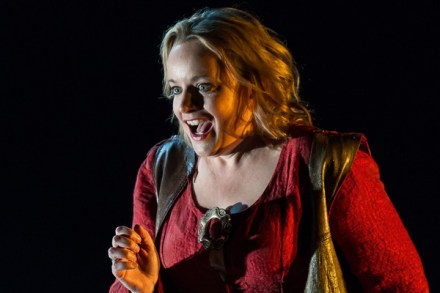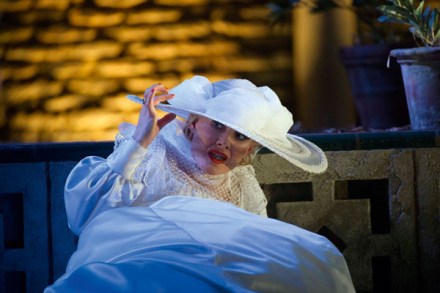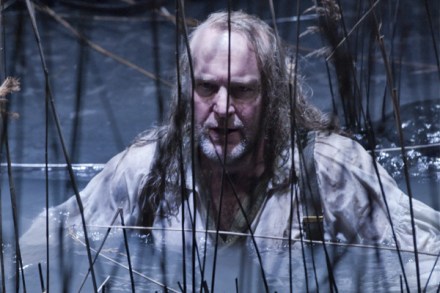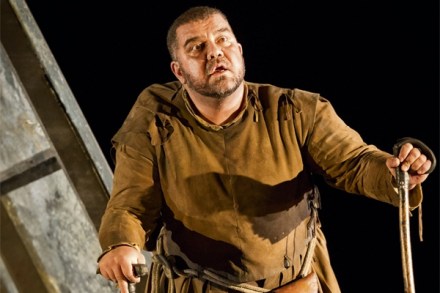Brief encounter
Glyndebourne’s last offering this season is one of the most stylish things it has done for a very long time, Ravel’s two brief operas directed by Laurent Pelly, who was responsible for its brilliant Hänsel und Gretel in 2008. It may seem odd that Ravel’s pair — though they were conceived quite separately, and years













